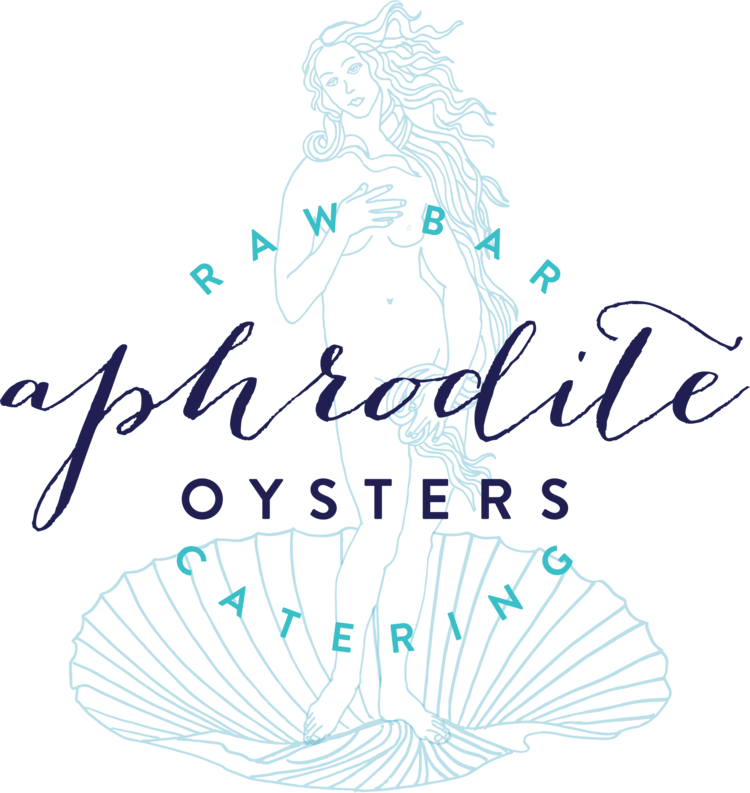Oyster Nutrition: Zinc and Copper
You may recall hearing oysters described as tasting metallic. This is because oysters love to pack in both zinc and copper from their environment; even if there are low concentrations of it, they will find it. If you have ever had an oyster that is green or blue in color, that means it is really high in copper - just like a penny! Now your thinking, should I stay away, are these levels too high? Of course not and here is why.
What is Zinc & Copper?
Zinc and copper are required minerals for our immune system health. These minerals contains extremely high levels of antimicrobial properties and help cell growth for fighting off colds and aids the healing of abrasions or wounds. You will find Zinc in your nasal sprays.
Oyster Zinc and Copper
The large amounts of zinc and copper absorbed by oysters go into their shells and the muscle. It helps aid themselves in fighting off bacteria as much as it builds our own immune systems as we enjoy them. Just two eastern oysters fill our daily required value, it is the same as taking a supplement pill. To give you an idea, the next foods high in these minerals are beef and crab - they contain 4 milligrams per 100 grams of zinc. Oysters contain 90 milligrams of zinc per 100 grams! Lobster is also extremely high in copper - 1.7 milligrams per 100 grams; yet oysters pack 4 milligrams per 100 grams. Pacific oysters are generally sweeter because they contain less of the minerals. The European Flat oysters, known as Belon, and also the Gulf oysters contain the highest concentrations of zinc and copper.
So the next time you are feeling under the weather, add oysters to your chicken noodle soup diet. The oyster will actually aid your immune defense system, not just bring you comfort. If you do take zinc supplements, you might want to skip it the day you eat oysters because the excess could leave you feeling ill. This would be the only time I would advise against having too much of my favorite tasty treat.
Even more of a health benefit, “zinc and vitamins B12 and D also have antioxidant effects, boosting the protective benefits of oysters even higher. Research shows that people who eat diets rich in antioxidants lower their risk of heart disease, diabetes, certain cancers, and all-cause mortality” via healthline.com.
Here, here to OYSTERS again - they are AMAZING!
Post 5 of 6 in the Oyster Nutrition Series
Sources: Understanding Food: Principles and Preparation, Amy Brown 2nd Edition; Macrobiotic Diet by Michio and Aveline Kushi; The Geography of Oysters: The Connoisseur’s Guide to Oyster Eating in North America by Rowen Jacobson; https://www.healthline.com/nutrition/oysters#benefits


